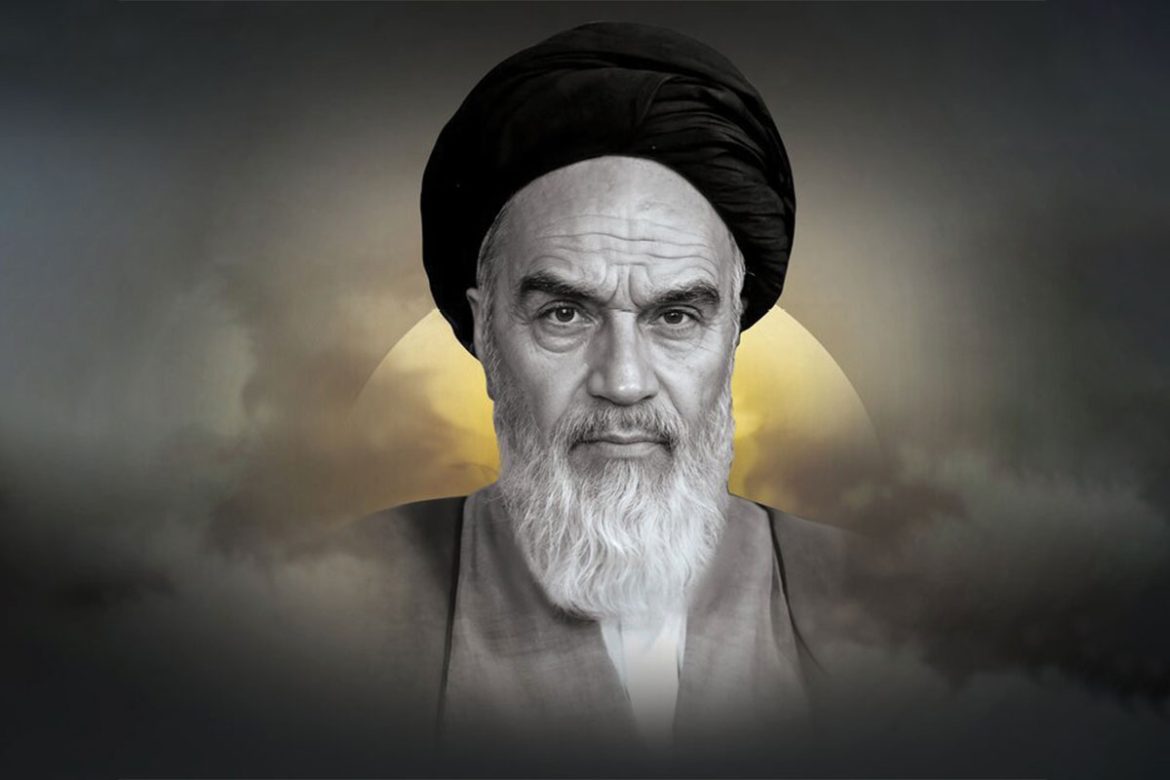June 4 marks the anniversary of the demise of Imam Khomeini (RA), the Great Leader of the Islamic Revolution and the Founder of the Islamic Democracy in Iran. With his scholarly and practical conduct, which was the outcome of a lifetime of adherence to Islamic teachings, the late Imam gave the Iranian nation the power and courage to withstand tyranny and oppression. By building a link between the Ummah and religious leadership, he was able to define an administration based on pure Muhammadan Islam and, by disavowing humanism, secularism, and capitalism, Imam Khomeini presented a new model of governance based on the rationality of interaction and balance in the form of the Islamic Republic.
The jurisprudential, mystic, and servitude aspects of Imam Khomeini’s (RA) personality, along with his ideals for the independence and freedom of the Iranian people, made him a rare figure who became a trans-Iranian and trans-Islamic leader and a spiritual and global leader of the oppressed and anti-arrogant, anti-colonial, and anti-tyranny movements of every religion, people, and land. The most important factor for Imam Khomeini’s popularity was his simple way of living and high thinking. The late Imam (RA) always tried to be the voice of the people and always followed up on their demands and understood the needs of the oppressed. Given that the sign of simple life was fully present in Imam’s life, he fully understood the problems of the oppressed class and the weak.
Interestingly, Martyr Raisi should be considered one of the greatest inheritors of Imam Khomeini’s (RA) school of thought. The late Martyr Raisi defined himself and took steps within the framework of the system of Velayat-e Faqih and religious democracy. The reason why Martyr Raisi’s behavior was close to that of the Imam was that he was able to adhere to this important principle. Another point that made the late Raisi a personality close to the Imam was that he paid special attention to meeting the needs and concerns of the people. The grand spontaneous funeral held for the late Martyr Raisi in the cities of Tabriz, Tehran, Qom, Shahr-e Ray, Birjand, and Mashhad, etc. also brought to mind that he was able to bring himself closer to the ideals outlined by Imam Khomeini.
Martyr Raisi was a martyr of service (i.e. serving people in spite of holding the highest administrative position in the country) and one of the most prominent characteristics of the martyrs of service, especially the Martyr Dr. Raisi, was that he placed working for the people and serving the people at the forefront of his duties. Martyr Dr. Raisi considered the people his patrons and worked for them with love. He was a popular president, in every sense, on par with the Islamic Revolution.
Thus, a profound study and understanding of the personal, social, and political personality of both Imam Khomeini and Martyr Raisi is highly recommended to all young people who wish to become pioneers of human, natural, and divine awakening.
by: Mahdi Fayyazi, Managing Director of Alhoda International Cultural, Artistic, and Publishing Institute





